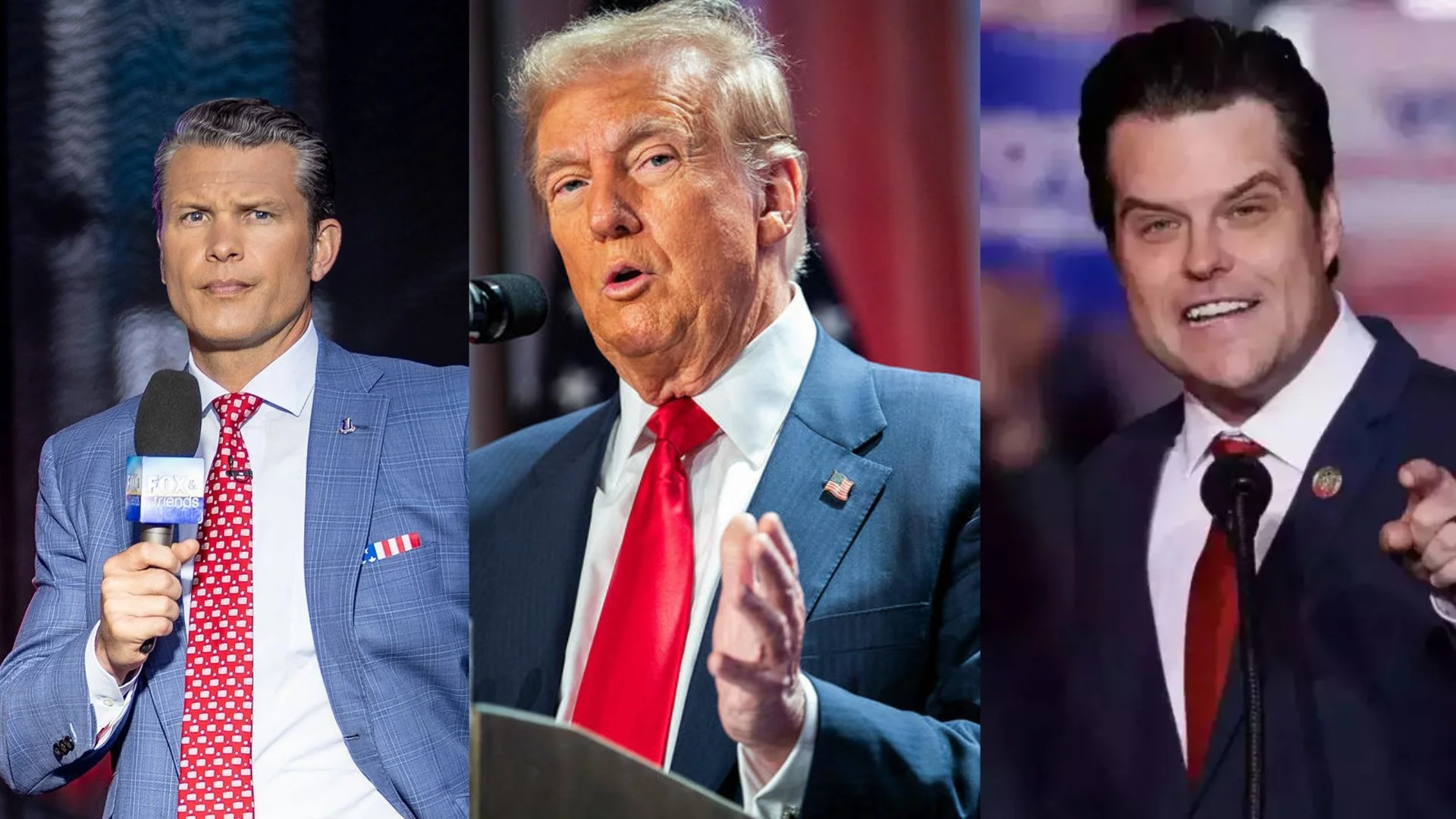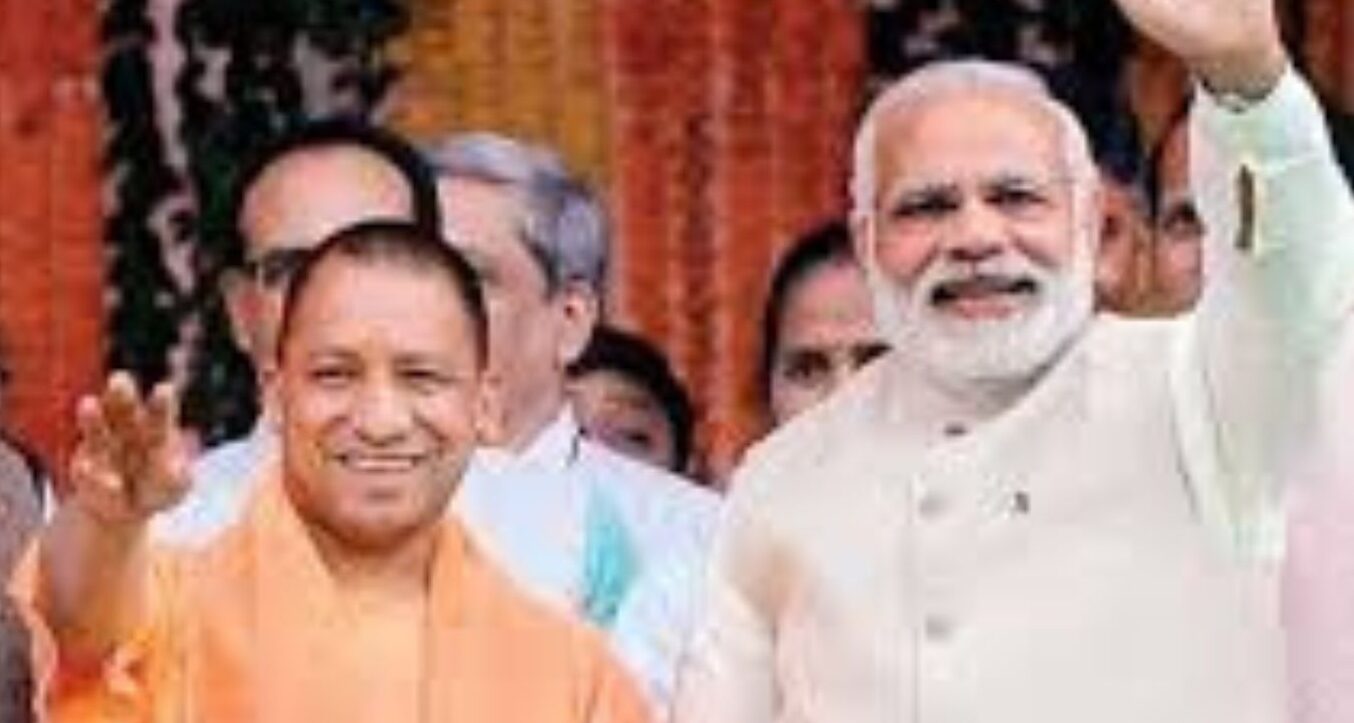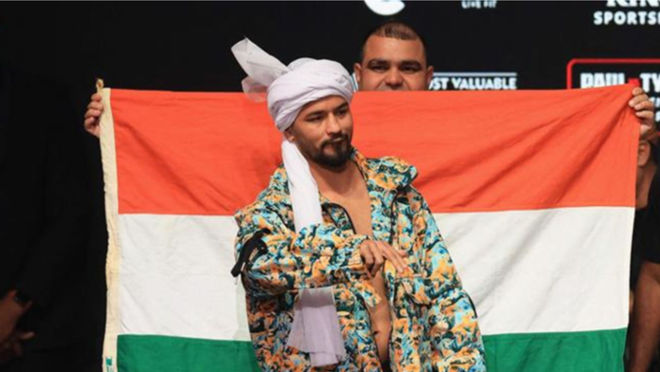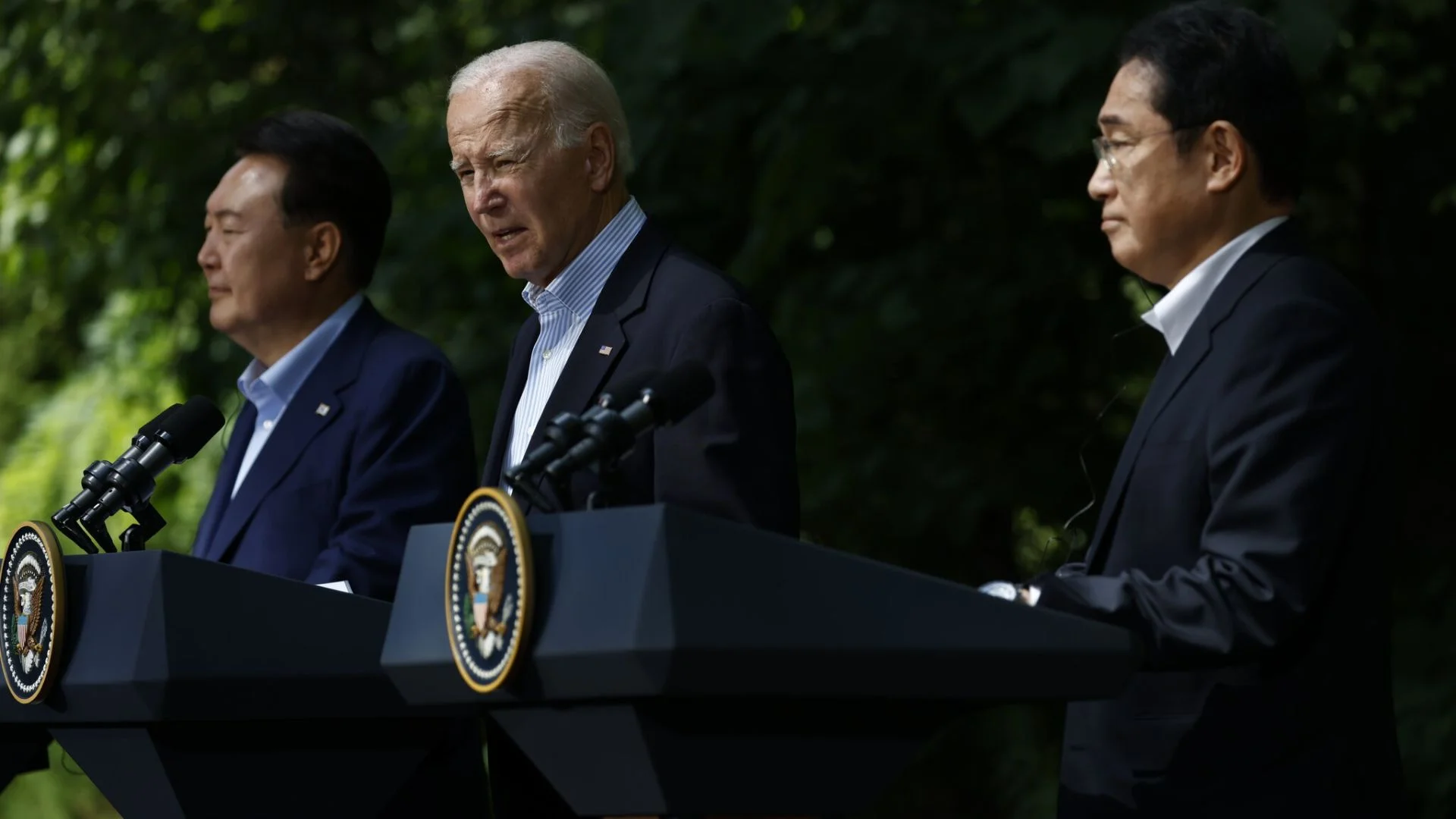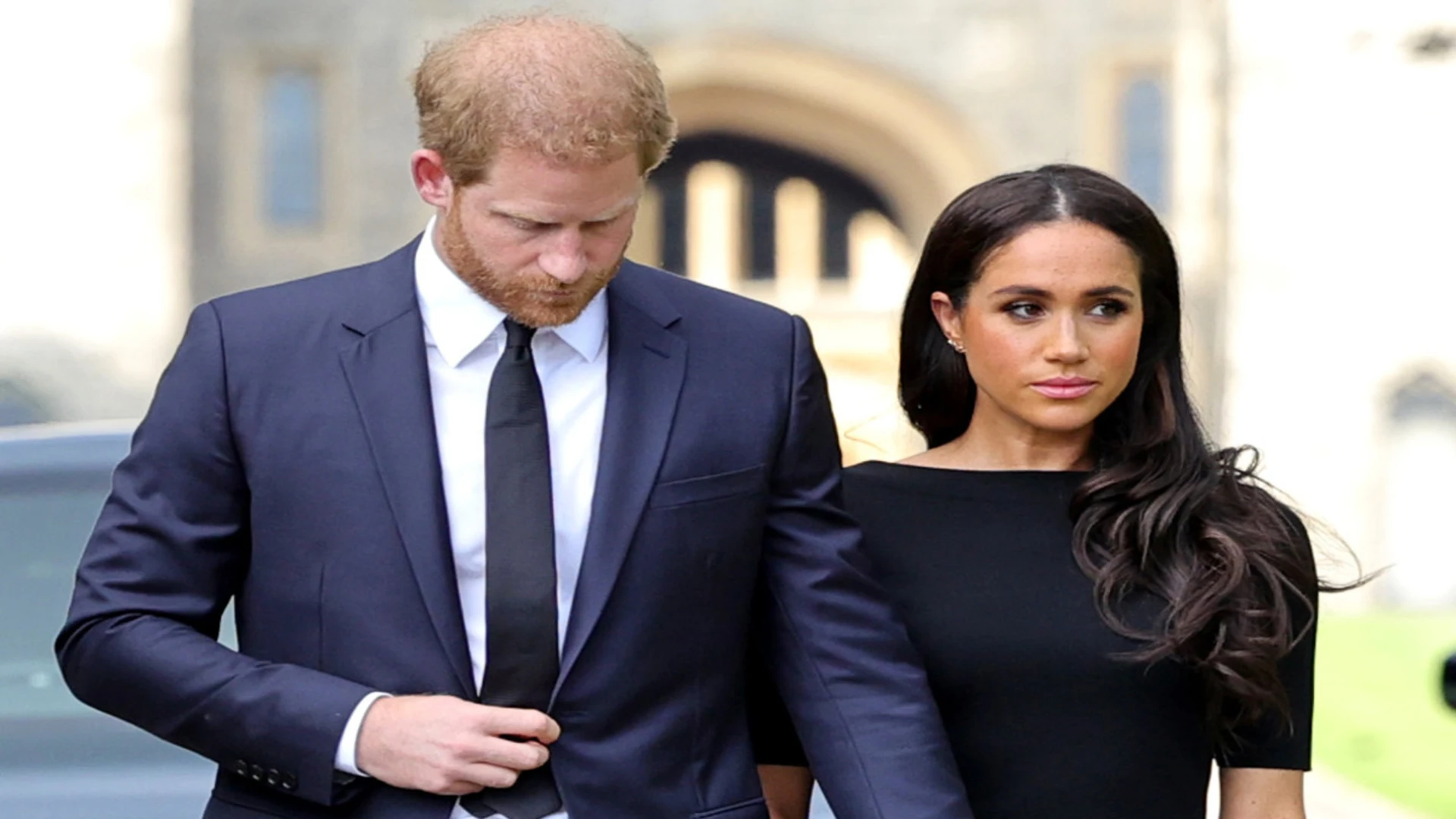
One of the biggest takeaways from the smooth and successful conduct of the G20 Leaders’ Summit on 9-10 September 2023 was proof of India’s emergence as a global force of consequence under Prime Minister Narendra Modi. This was in the making for some years, it’s just that the summit was the “coming out party” for the country, with the world as its audience. On Saturday, when the Prime Minister declared that consensus had been arrived on the leaders’ communique and a New Delhi declaration was ready, there was applause inside the summit room at Bharat Mandapam, and disbelief outside. Given the precedence of the acrimonious G20 Bali 2022 Summit, where the outcome document almost did not materialize, and given the fact that several of the important ministerials during India’s G20 presidency failed to issue an outcome document because of friction on the matter of the Ukraine war, most people had written off the possibility of any consensus at the Leaders’ Summit. But not only did the Indian team manage to drive consensus on the document, but they did so smoothly, with both China and Russia on one side and the western powers on the other agreeing to put their signatures to it. A near impossible feat was made possible. Here was proof of India’s ability to build bridges, to act as a force of good and cohesion. While there was the expected carping from the western press about “India making an unnecessary spectacle of G20” by holding 200 plus meetings all over the country, the fact is that over 1 lakh delegates visited India during these nine months, and both the host and the visitors are richer for that experience. India’s message of “one earth, one family, one future” resonated among the delegates and was carried far and wide. The outcome is that there is now greater recognition of India as a consequential 21st century power whose voice matters on the global stage.
The African Union’s (AU) inclusion in the G20, the announcement of the India-Middle East-Europe Corridor (IMEC) and the formation of the Global Biofuel Alliance showed how India worked on mission mode to make its G20 presidency target-oriented, with solid deliverables. If Chinese President Xi Jinping stayed away from the summit, thinking his non-appearance would ensure its failure, it did not happen. There is speculation that one of the reasons behind Xi Jinping’s no-show was his displeasure with India holding G20 meetings in Jammu and Kashmir and in Arunachal Pradesh. He apparently wanted to show India its place by throwing a spanner in the works. Instead, it was Xi who was not missed at a summit that took several historic decisions, with India shining as the leader of the Global South. It was India that brought about consensus on the AU membership of G20, thus making the platform more representative. Post this, how long will China continue to claim to be the leader of the Global South? How long before the African countries see through the sham that China’s supposed concern for Africa is? After all, China steps in with a humane face and sooner or later shows its real face to take advantage of economically weak countries, while gobbling up their assets, and reshaping them in its own image—for example, take the case of Tanzania where China is running a school for African leaders where comrades are teaching the latter on how the Party is supreme. In this context, India’s outreach to African nations is a step to prevent that continent’s slide into China’s lap. It’s similar to the role that India plays in the BRICS. It pushes BRICS towards neutrality, instead of being China-centred. In this manner, India is already proving to be an effective counter to China on global platforms.
As for what India gains from this outreach to the African Nations and the rest of the Global South, one of the many gains may be a permanent seat at the United Nations Security Council. The African Union alone has 55 votes in the UN and every vote counts when it comes to a UNSC membership. Also, if India has the backing of the Global South, as well as the Global North, how long can China veto the world’s most populous democracy’s inclusion in the UNSC? Sooner or later it will have to give in—on popular demand.



